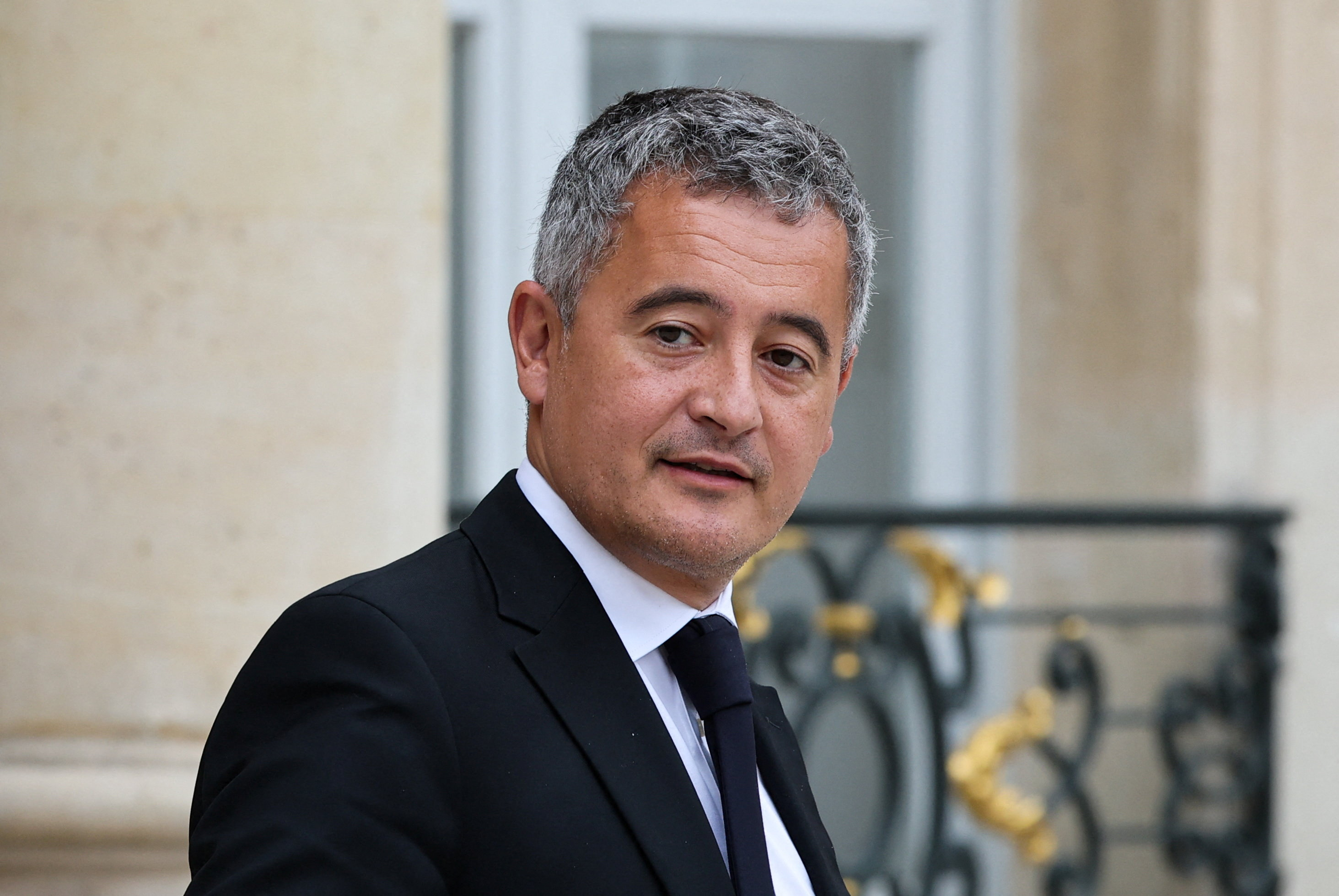Nicolas Sarkozy Convicted: Threats Against Judiciary Prompt Strong Reactions
Nicolas Sarkozy's sentencing prompts governmental condemnation of threats against judges and highlights public reactions.
- • Sarkozy sentenced to five years in prison for criminal association.
- • Threats against magistrates sparked formal investigations by Paris prosecutors.
- • Darmanin and Boulard called for respect towards the judiciary post-verdict.
- • Sarkozy plans to appeal judges' decision, asserting his innocence.
Key details
Former French President Nicolas Sarkozy has been sentenced to five years in prison by the Paris correctional court for his involvement in a criminal association related to the Libyan financing case. Following the conviction, which has drawn significant public attention, threats were made against the magistrates involved in the case, prompting swift condemnation from government officials.
Justice Minister Gérald Darmanin labeled the threats against the judges as "absolutely unacceptable in a democracy." He expressed that contesting judicial decisions should never devolve into personal attacks or intimidation. In light of these threats, the Paris prosecutor's office has opened two investigations, focusing on the messages targeting the judge who sentenced Sarkozy. The first president of the Paris Court of Appeal, Jacques Boulard, echoed Darmanin's sentiments, emphasizing the need for respect towards the judicial system and independence. He noted that the recent actions reflect serious concerns about judicial impartiality and the threats posed to individual judges involved in the process.
In his verdict, while Sarkozy was acquitted of charges related to corruption and illegal financing, he was found guilty of being part of a criminal association. The former president has vehemently denied the allegations, asserting his innocence and planning to appeal the ruling. In a recent interview, Sarkozy described the judgment as "unjust" and "infamous," highlighting a perceived lack of evidence against him and suggesting that a document used by the court could be a fabrication. He argued this supposed forgery hints at a conspiratorial effort against him.
Sarkozy's appeal will not delay his incarceration, and he criticized the reasoning behind the ruling as illogical and inconsistent, as he was acquitted of the key underlying offenses related to his campaign funding. This controversial case has ignited a heated public discourse regarding judicial conduct and respect for the rule of law in France as officials and public figures respond to the unfolding situation.
This article was translated and synthesized from French sources, providing English-speaking readers with local perspectives.
Source articles (3)
Source comparison
Charges against Sarkozy
lefigaro.fr
"Sarkozy was sentenced to five years in prison for being part of a criminal association."
lefigaro.fr
"Sarkozy was sentenced to five years in prison for his involvement in the Libyan financing case."
Latest news
France Returns the Djidji Ayôkwé Talking Drum to Côte d'Ivoire After Over a Century
Record 37 Days of Rain Triggers Ongoing Severe Flooding in Western France
Political Divisions and Social Tensions Intensify Following Quentin Deranque’s Death in Lyon
French Economy Minister Calls for Full Insurance Industry Mobilization Amid Devastating Storm Floods
France Boosts Social and Solidarity Economy with New Tools and Potential Tax Reforms in 2026
Saint-Nazaire Mayor Condemns Vandalism of Two Political Offices as Attack on Democracy
The top news stories in France
Delivered straight to your inbox each morning.

